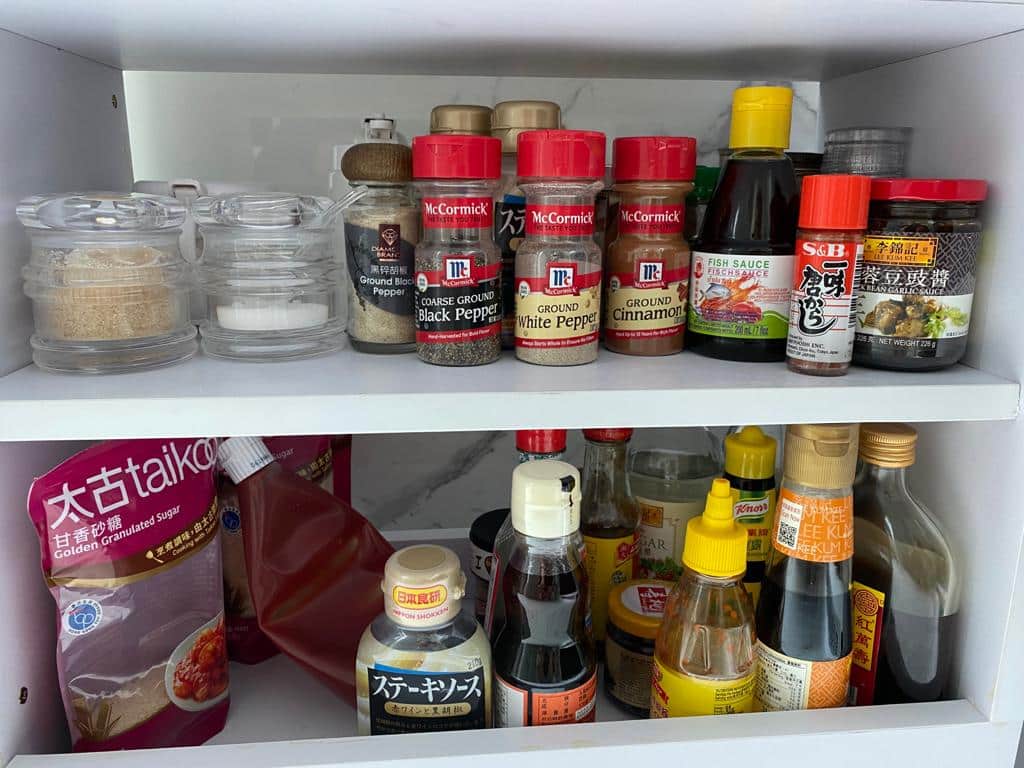In a recent discovery by the Consumer Council in Hong Kong, 20% of popular retail spices contain carcinogenic aflatoxins. But why is this a concern?
With the pandemic still at large in many countries, we have been cooking at home more often. We tend to think home cooked meals are generally safe because we know what ingredients we are using. But what we do not know is how these raw ingredients are being produced.
The Study
The Consumer Council selected and tested 37 dried spices that were popular items in the kitchen. Many of the spices came from popular chain supermarket stores, making them heavily accessible. Here were the findings:
- 24% were found to contain aflatoxins (AFs) and/or ochratoxin A (OTA)
- 1 curry powder sample had exceeded the content regularly limit for the EU and Hong Kong
It was urged by the Consumer Council for producers of the spices to improve the production process to reduce the level of aflatoxins levels.
The samples that contained that contained AFs were 3 white peppers, 2 curry powder and 1 garlic powder. So there is no particular spice that has this problem, it can happen in any kind of dried spice.
What are Aflatoxins?
Aflatoxins are more common than you think. They can occur in foods such as nuts, rice and other dried foods like spices and cocoa beans because of a fungal contamination before and after harvest. It is a natural process but can be avoided.
Aflatoxins are poisonous carcinogens and mutagens that has been classified as a Group 1 by the International Agency for Research on Cancer.
What are the safety hazards of products containing Aflatoxins?
- Fatal if swallowed (H300)
- Fatal in contact with skin (H310)
- Fatal if inhaled (H330)
- May cause cancer (H350)
1Source Health Tips
There are a few things we can do to improve the safety of our home cooking with dried spices.
- Take note of the product label. Highlight the shelf life and expiry date.
- Make sure the product packaging is intact to avoid any contamination.
- Store in a tightly sealed container after opening and in a cool dry place.
- Reduce the amount of spices to reduce the amount of intake of toxins.
With more knowledge comes better decision making. Take more time to examine your products to make the more beneficial decision. Just because a product is cheap and in the shelves of a supermarket, does not mean it is free of toxins.

